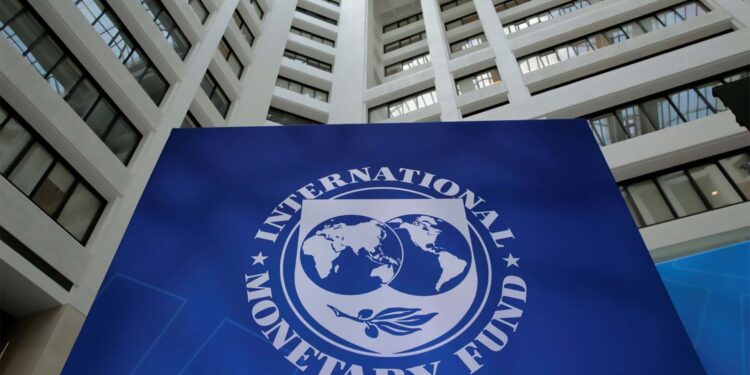The International Monetary Fund (IMF) has said that almost 40% of global employment is exposed to Artificial Intelligence (AI).
This discovery was made by IMF after a recent analysis was conducted on Artificial Intelligence (AI).
Historically, automation and information technology have tended to effect everyday work, but one of the things that distinguishes AI is its capacity to affect highly skilled occupations.
As a result, mature economies face larger threats from AI, as well as more potential to capitalize on its advantages, than emerging and developing markets.
AI has the potential to influence around 60% of occupations in industrialized nations. Approximately half of the exposed positions may benefit from AI integration, increasing productivity.
Read Also: Nigeria’s Central Bank sacks board of three banks
For the other half, AI applications may do essential functions that people presently perform, thereby lowering labor demand, resulting in lower salaries and fewer hires. In the most extreme instances, some of these positions may be eliminated.
In developing markets and low-income nations, however, AI exposure is predicted to reach 40% and 26%, respectively. These findings show that emerging markets and underdeveloped economies would see less immediate disruptions from AI.
At the same time, the paper stated that many of these countries lack the infrastructure or qualified workforces to capitalize on the benefits of AI, raising the danger that the technology would exacerbate national inequality over time.




























